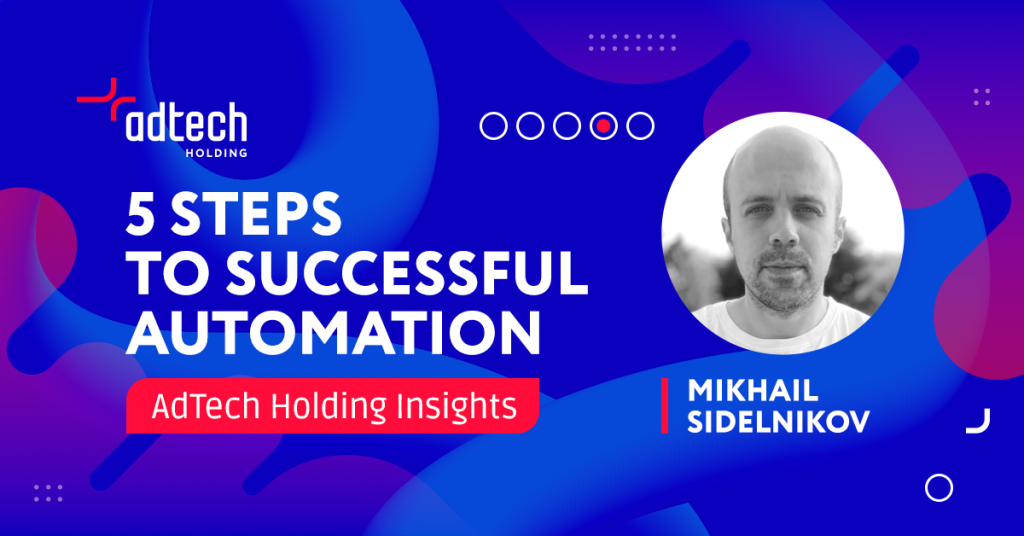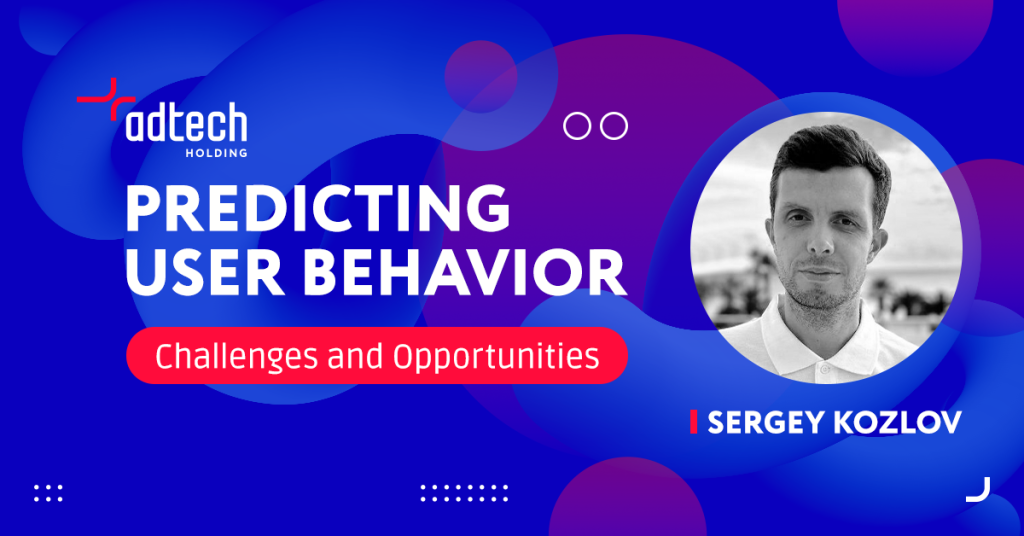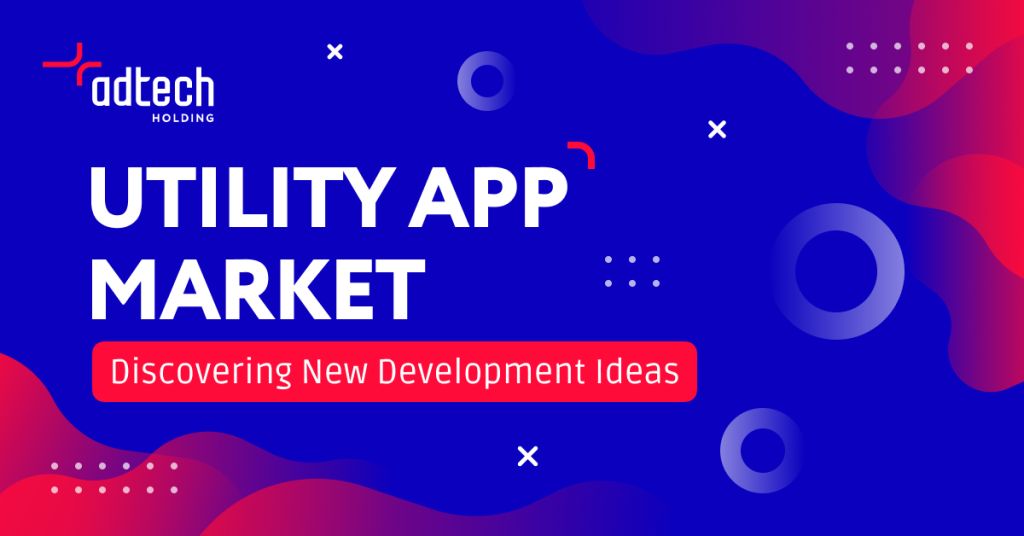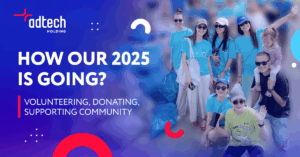5 Main AdTech Trends in 2023: What Will Impact the Industry and How Stay Up to Date
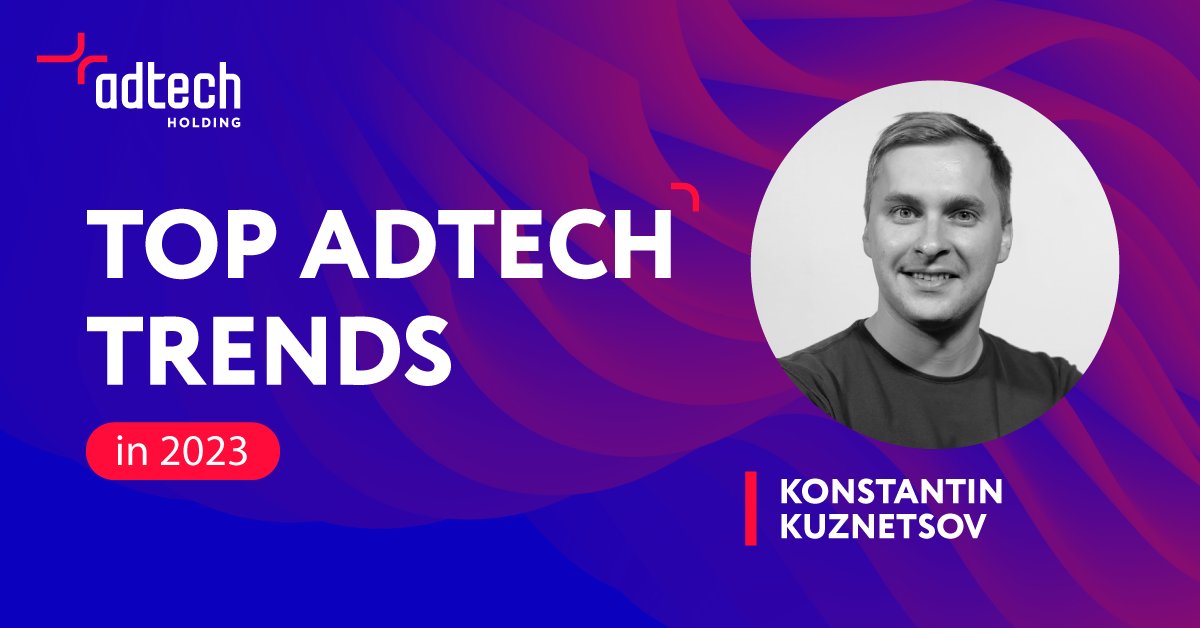
The whole digital advertising industry is tackling the question of the new Google policies and cookieless future. Meanwhile, this is not the only major change requiring novel high-tech solutions and an alternative approach to programmatic advertising.
We spoke to Konstantin Kuznetsov, the Chief Product Officer at AdTech Holding, to find out what trends will most impact AdTech businesses this year and how our teams manage to adapt to the ever-changing competitive landscapes.
Trend 1: Enhanced Focus On Traffic Quality
Traffic quality has always been a concern of marketers, media buyers, SEO specialists, and other digital advertising professionals. With ever-growing competition and an increasing number of Internet users, the question of quality is only becoming a larger and more complicated task.
In other words, it does not seem possible to do with the solutions implemented even a couple of years ago. For example, combating novel ad fraud techniques requires constant real-time monitoring — not just some regular metrics tracking.
Thus, in a nutshell, the trend involves developing and embedding top-notch technologies for keeping an eye on traffic quality and striving for the balance between fitting the advertisers’ needs and caring about user experience.
AdTech Holding is constantly involved in the process of enhancing traffic quality and combating related issues. Here are some of the best latest practices:
- In-house anti-fraud solution. One of AdTech Holding’s projects is ADEX — a special system that automatically blocks fraudulent and bot traffic. Using the most advanced technologies, it detects fraud in real-time and shows transparent statistics for various traffic slices. With regular updates done with the methods of fighting the newest fraud techniques in mind, ADEX is a perfect example of how AdTech companies follow the traffic quality trend.
- Certifications. Another part of the trend is transparency between ad networks, multisource platforms, monetization spaces, and their users. Among the possible ways of ensuring this transparency is to show clients some evidence — for example, approve from independent third-party organizations.
Trend 2: Automation and Outcome Orientation for Advertisers
Every media buyer and affiliate marketer has a particular goal — and a certain budget they can afford to reach it. In fact, they don’t really focus on particular formats, as only the outcome of an advertising campaign matters.
To satisfy the need to get the best result for a set price and with minimum effort, AdTech Holding is constantly working on developing new automated solutions. They include smart bidding models like CPA Goal or SmartCPC for the multisource platform PropellerAds and constant upgrading of the ad rotation model.
Konstantin: Besides, we are currently working on a new approach to creating ad campaigns. Traditionally, a media buyer selects an ad format and sets a campaign according to this format’s features. What we want to suggest is combining campaigns, when all that a marketer needs is to choose a pricing model and then run a campaign for all available formats. The point is to focus on the efficient outcome from any format instead of picking the right one for a particular offer.
Trend 3: Striving for the Best User Experience for Publishers
Media buyers, affiliate marketers, and publishers have always sought to show efficient and profitable ads with little human effort and without compromising user experience. In other words, the final goal of every digital advertising ecosystem participant is to maximize profits with non-disturbing, native ads.
In 2023, this problem has almost completely shifted from the accurate manual settings of ads to automated AI-based solutions that help show relevant ads to users.
One example of such solutions, inspired by the trend, is MultiTag — an in-house development of AdTech Holding for automating the monetization process, maximizing profits, and keeping interfaces user-friendly.
Using the most advanced technologies, artificial intelligence, and empirical rules, it has all evident chances to replace the existing ad formats and change the overall approach to monetization efforts.
Trend 4: Matching Efficient Ad Solutions with User Privacy
Long-rumored, much-talked-about, and still not clear enough: of course, we are speaking about Google’s plans to refuse third-party cookies. This decision obviously provoked an emerging trend, and it is not just shifting to first-party data solutions.
The main point of the trend that evolved from the forementioned Google’s initiative is striving for a balance between enhanced user privacy and relevant ad offers. Instead of collecting, storing, and squeezing the most out of first- and third-party data, brands are rapidly turning the focus on ethical marketing.
Obviously, showing users relevant ads without requesting much information about them requires novel solutions. Most of them are based on first-party data — fingerprints, data pools, etc. However, there is no clear understanding of what exactly will become the most efficient and still ethical way of collecting data.
Konstantin: If there were no digital ads, users would have to pay for every website they visit. So, advertising remains the main reason why we all have access to free Internet surfing — and this win-win situation will only become more promising with ads that will be relevant to a particular user and don’t interfere with their privacy at the same time.
We at AdTech keep conducting our research on this topic to adopt the most appropriate technologies to replace third-party cookies as soon as it is necessary after Google comes up with its final decision on the cookies policy.
Trend 5: Mobile Usage Growth
Volumes of mobile traffic keep growing rapidly, and countries with a mobile-first population are becoming a significant traffic source. The global spread of 5G technology and various other factors result in inspiring forecasts: the average monthly smartphone usage is said to reach 46GB from the current 19GB by the end of 2028.
Obviously, advertisers, publishers, and business owners are trying to make the most out of the trend. This is the reason why the big focus of AdTech corporations is held on the app industry, including both of in-app advertising and also various monetization and marketing solutions for app owners.
AdTech Holding dedicates much time and effort to meeting the needs of publishers and advertisers who want to fit into the trend. We embrace this question from multiple perspectives: different projects of AdTech Holding are simultaneously developing their solutions for mobile traffic.
- AppLabz — our mobile apps and APK development center. AppLabz researches mobile market trends, creates ideas for new applications, and promotes its in-house apps in Google Play and AppStore.
- Notix — a push notifications provider which was initially targeting website owners. Recently, Notix has launched In-App Push with the same quick delivery, efficient subscribers collection, and special targeting options.
It seems that the nearest future of digital marketing is about prioritizing users. Alongside developing novel high-tech solutions, the ethical relationship between marketers and customers will become a bigger concern. However, it will most likely get the programmatic advertising to the new level — with both mobile and desktop users in mind.
